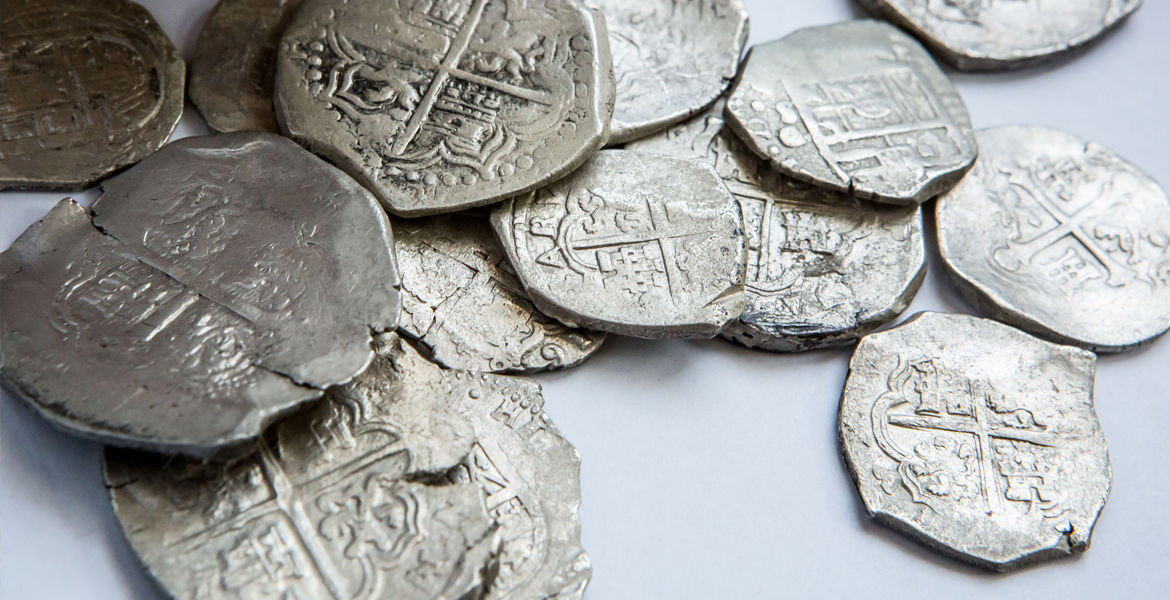Let’s admit it. We can’t live without money. It’s just that important. But even though it may be old and crumpled paper vegging inside your wallet, it has a great history. Great as it may be, the history of money as it pertains to your understanding and perceptions is what’s important. Money is old. Very old. It’s been with us for a long time and almost every century it changes its look and value. The first ever money originated in Mesopotamia. There, money was made from seashells and beads. But then, it was used as a simple form of trading. Before money, trading was the primary means of exchange. People did not use paper money or coins. Instead, they bartered. In our generation, jewelry is used to decorate ourselves. But hundreds of years ago it was also money. Gold, Copper, Silver etc. Today, when we buy something we don’t exchange physical goods, we use paper and coins.
►Money shapes the way we do things
1. Depending on the country, money is called by many names. In the United States or Australia, we call it dollars. In London, we call it pounds. In the Philippines, we call it pesos. But most of the time, we just call it dollars. Forex traders use different currencies to make even more money. They try and profit from speculating and making certain bets on market movements. For other investors and business owners, money is treated as a tool to acquire assets and generate passive income, the key to financial freedom.
2. Money also has different value. One dollar is equivalent to about eight rand in South Africa. So if we earned one hundred dollars and we flew to South Africa and exchanged the dollars into rands the total will be eight hundred rand. How many dreams out there revolve around wanting to be a millionaire in what ever currency? A million dollars or rand or pounds in the bank may be a worthy financial goal to achieve. And many people will push damn hard to make sure it happens. But a monthly passive income ultimately defines how you live day-to-day. First define your ultimate standard of living in your own currency. Determine how much passive income you need every month to realise the lifestyle. Then put a plan in place to make it happen.
3. Money has different meanings. If you value the history of money, it’s seen as a means of buying things, a reason for living so to speak. It’s sought to extract the pleasures out of life, buy cars like Ferraris or VIP concert tickets to Katy Perry or Maroon 5 and to maintain a good standard of living. For others, money is treated as a reward for doing great things, by starting businesses and servicing mankind with innovative products and services. In which group do you fall? Is your goal to chase money or generate an income through doing what you love?
4. Money is two faced. The good side is that we can send our children to the best schools, start charities, make donations and help other people. We can save lives by building fancy hospitals, hire the best surgeons and start global initiatives like the World Food Programme. It makes us feel good, can excite us and motivate one to do great things. The bad side is not the money, but the love for it. You know that saying, ‘money corrupts’. It can ‘tempt’ people to do the wrong things, literally drive people to do crime. Apparently, money is one of the major reasons for divorce in countries like the U.S. and South Africa (Don’t quote me on this). It can destroy relationships, create jealousy and push people into clinical depression. How will you manage the two faces of money?
5. Money is difficult to understand, or so the thinking goes. Why do people stray away from the topic of finances? Why leave it for the accountants and bankers to worry about when it forms an integral part of your life? It’s one of those grey boxes that gets tucked away in the garage, never to be opened again, relegated to the desk of a perceived financial expert. Don’t under-estimate your abilities. Understanding finances and the world of wealth creation can open up a great deal of opportunity for you. By ignoring it, your life may be filled with mediocrity. Money is a tool that enhances the quality of life. See it for what it is. The history of money has given us a working framework. it shapes our perceptions. It has value. It’s a powerful tool that wields influence. It can be used for good and bad. It can change your life and make it perfect. It can also keep you trapped if you adopt the wrong mindset.
